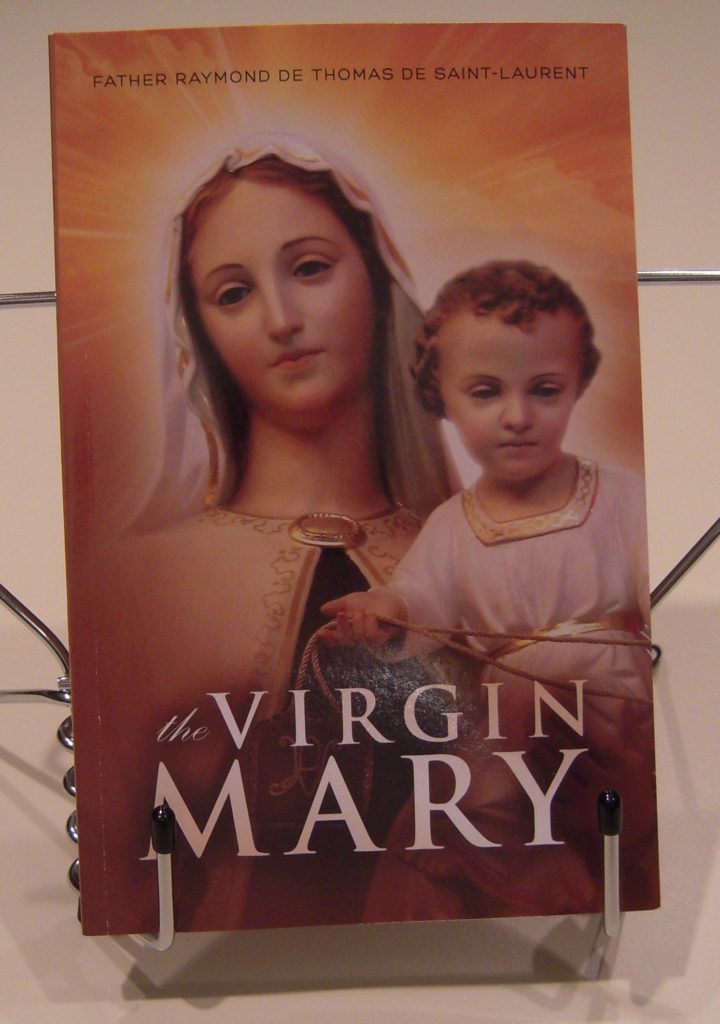This study should not be merely speculative. It must have practical applications. Let us then speak with frank brutality and merciless cruelty. I pray this humble and gentle Virgin will deign to give me just and propitious words!
All men are naturally vain. There is, however, a pride that is more subtle, more dangerous, and more difficult to cure than any other, that of pious souls. In the Temple, Mary did not cling complacently to the favors she received. Some devout persons lose considerable time scrutinizing their progress in virtue. If they experience some sweetness or consolation in prayer, they become ecstatic and immediately see themselves as favored by God. Yet, these insignificant feelings often come from purely natural sources.
In the Temple, Mary preferred herself to no one. Certain pious souls judge their neighbor with extreme severity. It is not that they occasionally let loose biting remarks about the exterior faults of others. Indeed, their conscience forbids them to utter such caustic remarks—regrettable without doubt—but which are not in themselves grave sins. They do not do this, but instead very candidly and sincerely think themselves superior to those who do not cast sighing looks of longing towards the Blessed Sacrament.
In the Temple, Mary had no suspicion of the sublime mission God had reserved for her. Occasionally one finds pious souls who think they have some special mission. They apply themselves to a thousand devotional practices that God has not asked of them but neglect the most essential aspects of their state in life. The seventeenth century produced one of these false saints who believed herself called to finally make “pure love” known to the world. She unabashedly described herself as the most perfect image of the spouse from the Canticle of Canticles. For a while, she led astray even the enlightened mind of Fenelon by her dangerous delusions.
Let us sincerely examine our consciences. If we find some complacency or fail to consider our complete nothingness, then we are undoubtedly dragging along miserably at the basest level of mediocrity. God cannot pour His gifts into a proud heart. When He discovers a soul that is full of itself, either. He lets it stagnate or He uses the only means of healing it, allowing it to fall prey to its own faults—at times considerable—in order for it to open its eyes and recognize its miserable state. –‘The Virgin Mary’ Father Raymond de Thomas de Saint-Laurent


